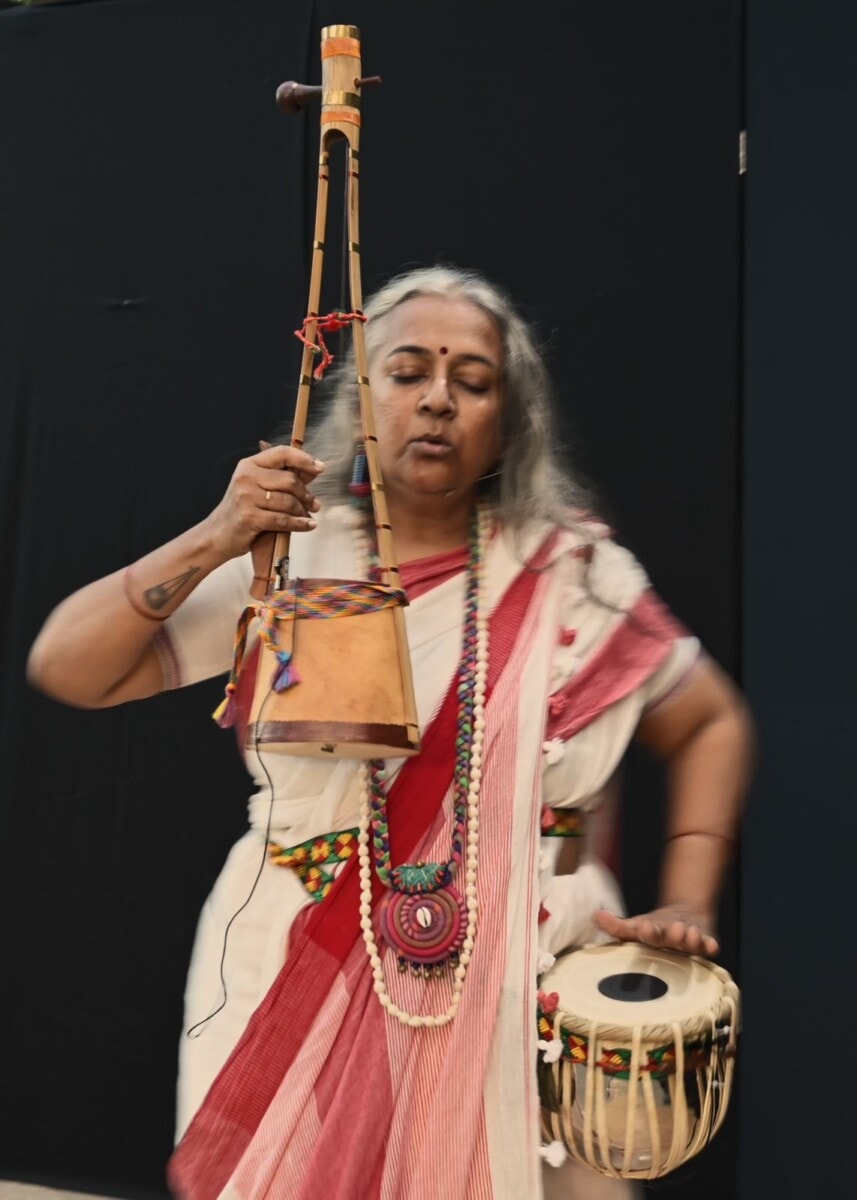A Celebration of Music, Dance, and Spirituality
If you’re interested in the rich and diverse folk traditions of India, exploring the ‘Baul’ tradition is a great place to start. Baul is a form of folk music and dance that originated in Bengal, now split between India and Bangladesh.
The word ‘Baul’ comes from the Sanskrit word ‘Vatul,’ which means ‘mad’ or ‘eccentric.’ Bauls are wandering minstrels who have been associated with this form of music and dance for centuries. The Baul tradition has its roots in the Bhakti movement of medieval India, which emphasized devotion to God through music and dance.
The Baul dance is a spontaneous and lively form of expression that is performed to the accompaniment of traditional musical instruments such as the dotara (a two-stringed instrument), the ektara (a one-stringed instrument), and the dhol (a drum). The dance movements are simple and often include hand gestures, footwork, and swaying of the body.
One of the most unique aspects of the Baul dance is its connection to spirituality. Baul songs are spiritually inclined in theme, and one can feel the ecstasy of the dancers on stage. The lyrics of the songs are usually in Bengali and are a mix of folk poetry and philosophical musings.
The Baul tradition has a long and colorful history, filled with challenges and triumphs. For centuries, the Bauls have faced discrimination and attempts to suppress their music and dance. But despite these obstacles, the Bauls have persisted, and their unique form of expression continues to inspire and enchant people around the world.
At its heart, the Baul tradition is a celebration of music, dance, and spirituality. Bauls are mystic minstrels who use music and dance to convey their message of love, peace, and unity. They believe that the divine can be found within oneself, and that music and dance are powerful tools for connecting with the divine.
Despite the challenges they have faced, the Baul tradition has gained wider recognition in modern times. Baul festivals are now held in various parts of Bengal and other parts of India, attracting large crowds of people who come to experience the joy and energy of Baul music and dance.
Efforts have also been made to preserve and promote the Baul tradition. Baul music and dance are now taught in schools and colleges, ensuring that future generations will have the opportunity to learn about this unique form of expression.
The Baul tradition is a vibrant and spirited form of folk expression that has a rich cultural and spiritual history. Its unique blend of music, dance, and philosophy continues to inspire and delight people around the world. For the Bauls, dance became their religion and music became their worship. As we celebrate the Baul tradition, we celebrate the power of music and dance to connect us to ourselves, each other, and the divine.
